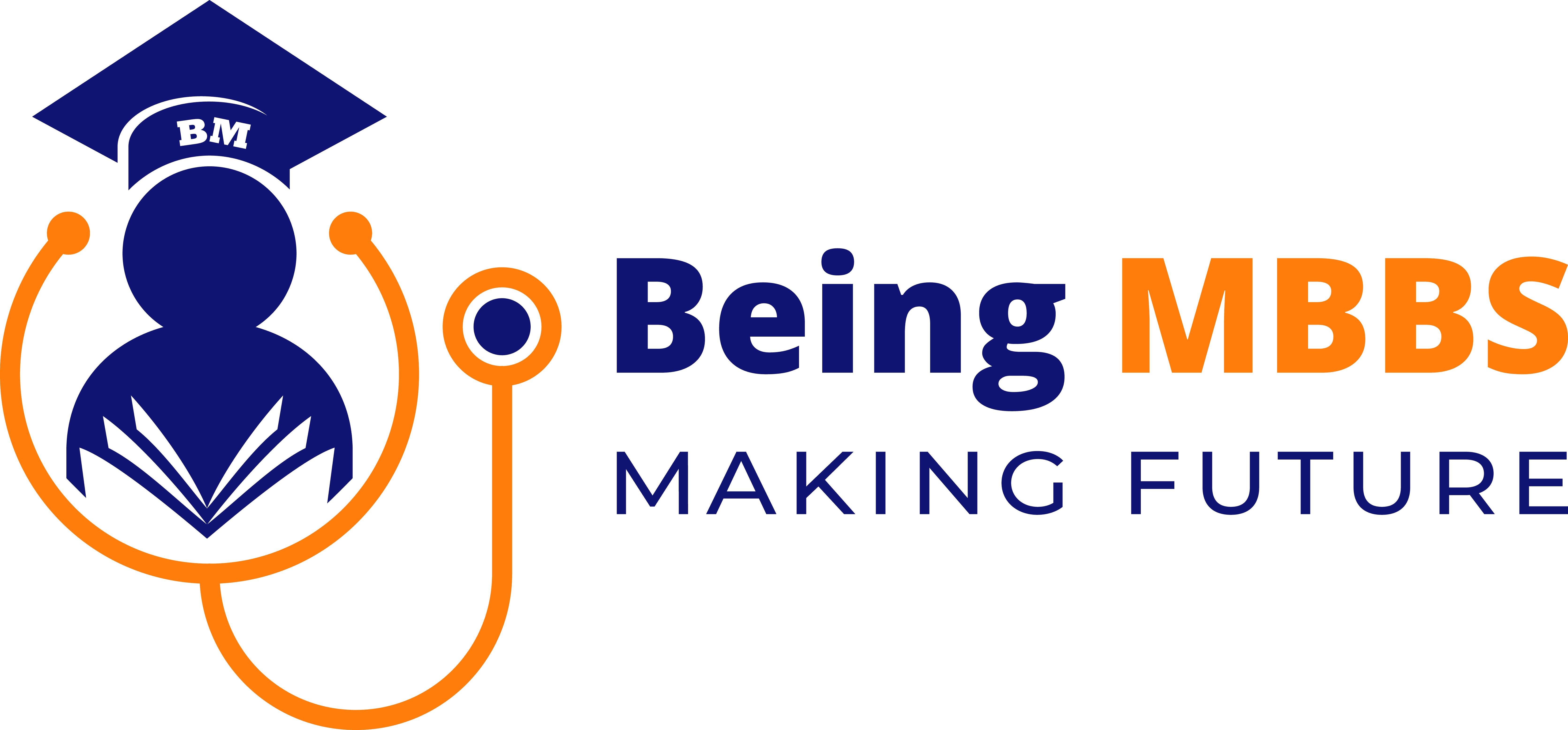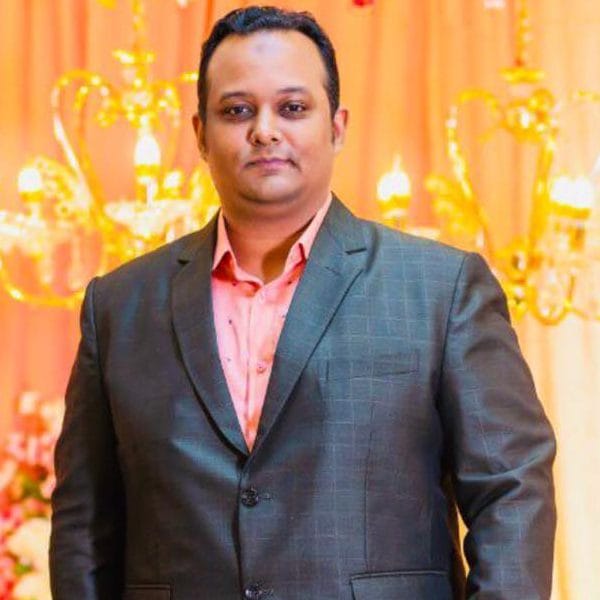A Look into the Curriculum: What to Expect During MBBS in Russia?
Studying medicine is a dream of many medical aspirants. However, to accomplish that dream, medical aspirants must perform meticulous research on the universities and the programs offered. In recent years, Russia, the largest country in the world, emerged as a dominant country in the list of the top countries to study MBBS Abroad for Indian students. Not just Indian students, the country has also successfully attracted medical aspirants from different parts of the world. The country boasts a rich medical tradition and houses several esteemed universities renowned for their comprehensive curriculum including quality medical education, practical-based medical education, extensive clinical exposure, and cost-effective fees of MBBS in Russia.
What To Expect From The Top Medical Universities During MBBS in Russia?
Here are a few of the points to expect from the Top Medical Universities of Russia while pursuing an MBBS program:
Foundation Years
The duration of the MBBS program in Russia is 6 years. During these 6 years, the first 2 years of the medical student life are entirely dedicated to building a strong foundation in medical sciences. During this phase, students are exposed to a wide range of subjects such as anatomy, physiology, biochemistry, histology, and medical genetics. These subjects are a building block of medical knowledge for the students studying MBBS in Russia. These subjects pave the way for students in their specialised studies in the future.
The medical curriculum emphasises a mix of theoretical, laboratory, and practical sessions to provide the students with a well-rounded understanding of the human body and its functions. Indian students studying MBBS in Russia get the privilege of a strong foundation in building their medical career.
Preclinical Years
Following the foundation year, students enter the preclinical phase of their MBBS program. This phase usually lasts for two years and focuses on the study of pathology, pharmacology, microbiology, and forensic medicine. Students gain a deeper understanding of disease processes, the effects of drugs on the human body, and the identification of various pathogens. Additionally, preclinical years at the top medical universities in Russia also involve clinical exposure through visits to hospitals and healthcare facilities, enabling students to observe real-life medical practices and interact with patients under the guidance of their faculties, experienced professionals, or Doctors.
Clinical Years
The final two years of the MBBS program in Russia are known as the clinical years. These years are characterised by extensive clinical training and exposure to various medical specialties. Medical students studying MBBS in Russia rotate through different departments, including internal medicine, surgery, pediatrics, obstetrics and gynecology, and more. This hands-on experience allows students to apply their theoretical knowledge in a practical setting, honing their diagnostic and patient management skills. Under the guidance of experienced faculty members, students actively participate in patient care, learn to interpret diagnostic tests and assist in surgeries and medical procedures.
Practical Training
In addition to classroom-based learning and clinical rotations, practical training plays a vital role in the MBBS curriculum in Russia. Practical training often takes place in well-equipped laboratories, where students gain proficiency in conducting experiments, analysing data, and interpreting results. These hands-on sessions provide invaluable experience and foster critical thinking and problem-solving skills. Practical training also extends to simulated patient interactions, where students learn to communicate effectively with patients, take medical histories, and develop essential bedside manners.
Research Opportunities
Russian universities place significant emphasis on research and encourage students to engage in scientific investigations. MBBS programs offer students opportunities to explore their research interests and contribute to the advancement of medical knowledge. Under the guidance of experienced faculty members, students can participate in research projects, present their findings at conferences, and publish papers in scientific journals. Engaging in research not only enhances critical thinking and analytical skills but also opens doors to future academic and professional opportunities.
Language Proficiency
One of the important aspects of pursuing an MBBS degree in Russia is developing proficiency in the Russian language. Although some of the top Russian medical universities offer MBBS in the English language, universities often require students to undergo a preparatory Russian language course before commencing the program. The language training ensures that students can effectively communicate with patients, and participate in clinical activities. Some universities also offer language support throughout the program to assist international students in their language-learning journey.
International Exposure
Studying MBBS in Russia provides students with a unique opportunity to interact with peers from diverse cultural backgrounds. Top Medical Universities in Russia attract students from various countries, fostering an environment of cross-cultural exchange and global understanding. This exposure to different perspectives and experiences enriches the learning process, promotes cultural sensitivity, and prepares students to work in multicultural healthcare settings.
Conclusion
Embarking on an MBBS journey in Russia promises a comprehensive and holistic medical education. The curriculum is designed to equip students with a strong foundation in medical sciences, practical skills, and exposure to a wide range of clinical experiences. From the foundation years to the clinical rotations, students are provided with ample opportunities to develop their knowledge, skills, and research capabilities during their time at medical universities in Russia. Additionally, the emphasis on language proficiency and international exposure prepares students for the challenges of practicing medicine in a globalised world.
Studying MBBS in Russia not only nurtures aspiring doctors but also broadens their horizons and shapes them into compassionate healthcare professionals capable of making a positive impact on society as a whole.
➨ Read More: Overview Of MBBS In Russia 2023-24



